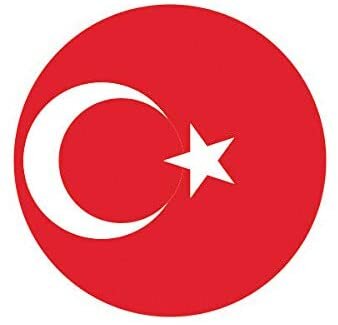Fertility treatments in the era of COVID-19
by Dr Vassiliki Simoglou, PhD
Within the context of the COVID-19 pandemic, the ESHRE and the ASRM have issued guidelines for IVF clinics to postpone all fertility treatments and procedures for the healthy population. They recommend freezing oocytes that might have already been collected or embryos that might have resulted from a procedure that had already started, and using them for embryo transfer at a later stage. Some exceptions apply to this rule of thumb, and concern women of advanced age, women with low ovarian reserve or cancer that requires chemotherapy.
Women who have contracted the virus towards the end of pregnancy were most of the time not found to transmit it to their newborn baby, however contracting the virus while being pregnant might require medication or ICU hospitalization, which can pose a threat to the developing fetus.
Couples undergoing or planning to undergo fertility treatments received these news with disbelief and huge amounts of frustration. Some of them might have been waiting for the right time to start for a while, adjusting their routines and their life schedules to the requirements of the treatments. Others might have struggled with their own ambivalence regarding the process and might have been hesitant for a long time. When they finally made up their mind to go ahead, they encountered this external blockage. Especially for couples who had already started the procedures, finding out that they will have to freeze their genetic material when that wasn’t their plan from the start, can be disruptive and can trigger important anxieties. Knowing that their genetic material, a part of themselves, is frozen somewhere, can feel cold and uncanny, and forces them to extend their ability to symbolize the entire process.
For the latter, it is important to remember that treatments with frozen embryos yield as good or sometimes better results than fresh cycles. The uncertainty as to when treatments will resume is anxiety provoking for all couples, and this anxiety joins the COVID-19 related anxiety that we are all experiencing right now, worldwide.
For all the couples who are asked to wait indefinitely, it might not yet be time for them to have a baby, but it is definitely time to make the most of what matters the most: their health, their ability to practice self-care, and the solidity of their relationship. On the website of Thrive Wellbeing Center, we have put together some resources that can be useful to understand and cope with COVID-19 related anxiety; they are accessible on https://www.thrive.ae/covid19-resources-dubai
Call us now at Thrive Wellbeing Center for more information and if you feel that you need additional support.
















